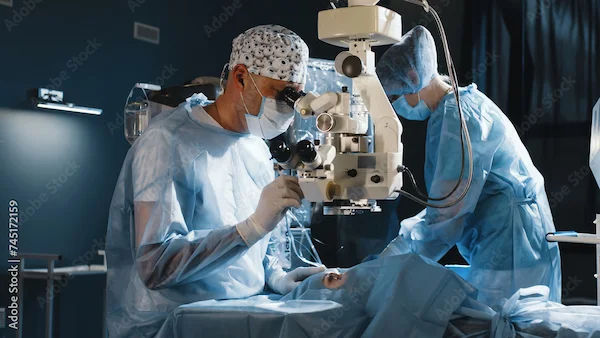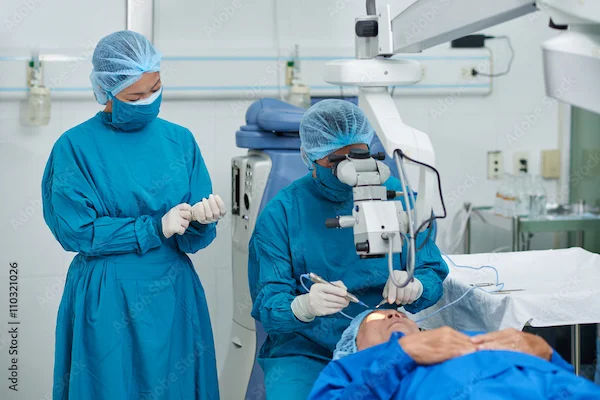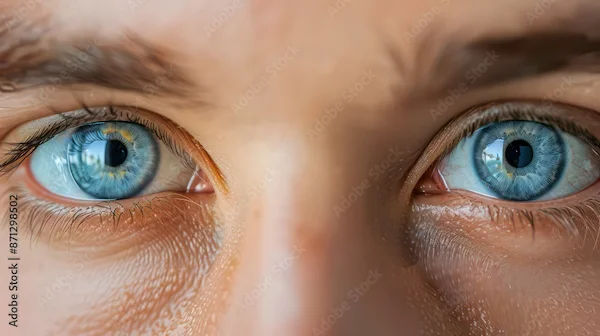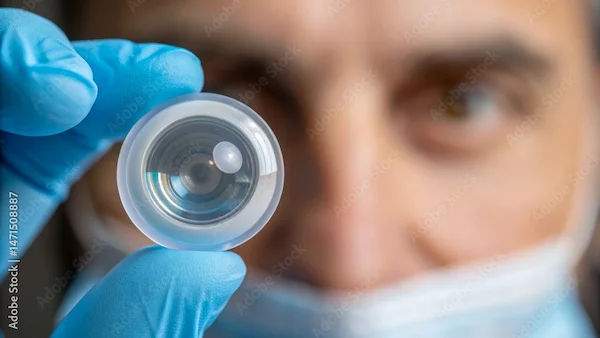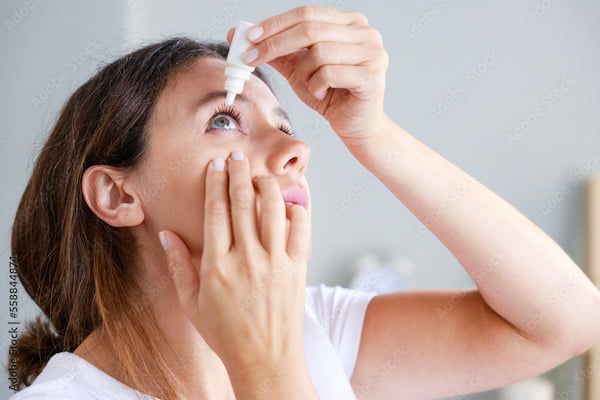Cataract Surgery Benefits
Discover how cataract surgery may help improve vision clarity and enhance daily life. Learn about its potential benefits, what to expect during recovery, and when to consult a specialist.

Written by Dr.Sonia Bhatt
Last updated on 15th Jul, 2025

Introduction
If you or a loved one has been diagnosed with cataracts, you may be wondering about the best way to restore clear vision. Cataract surgery is a safe and effective procedure that can significantly improve your quality of life. In this article, we’ll explore the benefits of cataract surgery, what to expect, and how it can help you see the world more vividly again.
What Are Cataracts?
Cataracts occur when the natural lens of the eye becomes cloudy, leading to blurry or dim vision. This condition is common in older adults but can also develop due to injury, diabetes, or prolonged exposure to sunlight. Over time, cataracts can make daily activities like reading, driving, or recognising faces difficult.
Consult Top Specialists for Personalised Eye Health Advice
How Cataract Surgery Helps
Cataract surgery involves removing the cloudy lens and replacing it with an artificial intraocular lens (IOL). This procedure is one of the most commonly performed surgeries worldwide and has a high success rate. Here are some key benefits:
1. Improved Vision Clarity
The primary benefit of cataract surgery is restored vision. Many patients experience sharper, brighter, and more colourful vision after the procedure. Colours may appear more vibrant, and night vision often improves.
2. Enhanced Quality of Life
With clearer vision, everyday tasks become easier. You can read, watch TV, drive, and engage in hobbies without struggling with blurry or hazy sight. This can boost independence and confidence.
3. Reduced Dependence on Glasses
Depending on the type of IOL used, such as monofocal, multifocal, or toric lenses, you may need fewer or no glasses after surgery. Some advanced lenses correct presbyopia (age-related near vision loss) and astigmatism.
4. Quick and Safe Procedure
Cataract surgery is minimally invasive and usually takes less than 30 minutes per eye. Most patients recover quickly, with minimal discomfort.
5. Lower Risk of Falls and Accidents
Poor vision increases the risk of falls, especially in older adults. Cataract surgery improves depth perception and reduces accidents, enhancing safety.
6. Prevention of Further Vision Loss
If left untreated, cataracts can lead to severe vision impairment or blindness. Surgery prevents complications and helps maintain long-term eye health.
What to Expect During and After Surgery
Here’s what the typical surgical experience may involve, along with the recovery process.
Before Surgery: Your doctor will perform tests to determine the right IOL for you.
During Surgery: Local anaesthesia is applied to numb the eye. The surgeon makes a tiny incision, removes the cloudy lens, and inserts the artificial lens.
Recovery: Most people notice improved vision within a few days. Full recovery takes about 4-6 weeks.
Tips for a Smooth Recovery
Following your doctor’s instructions may support faster healing and lower the risk of complications.
Avoid rubbing your eyes.
Use prescribed eye drops to prevent infection.
Wear sunglasses outdoors to protect your eyes.
Avoid strenuous activities for a few weeks.
Conclusion
Cataract surgery is considered a safe and effective procedure that may help restore clear vision and enhance day-to-day comfort and safety. The earlier the condition is diagnosed and managed, the better the chances for an easier surgery and smoother recovery. If you or a loved one is experiencing vision problems, it might be time to speak to an eye specialist.
Apollo 24|7 offers expert consultations and advanced cataract surgery options. Book an appointment on Apollo 24|7 today and take the first step toward a brighter, clearer future!
Consult Top Eye Specialists
Consult Top Specialists for Personalised Eye Health Advice
Dr. Padmini S
Ophthalmologist
4 Years • MBBS,MS
Bengaluru
Apollo Medical Center, Marathahalli, Bengaluru
Meghana Kotesh
Ophthalmologist
3 Years • MBBS, MS (OPTHALMOLOGIST )
Bengaluru
Apollo Medical Center, Marathahalli, Bengaluru
Dr. S Venkateswaran
Ophthalmologist
35 Years • MBBS, PGD (OPTHALMOLOGY)
Tiruvannamalai
Shiva Eye And General Hospital, Tiruvannamalai
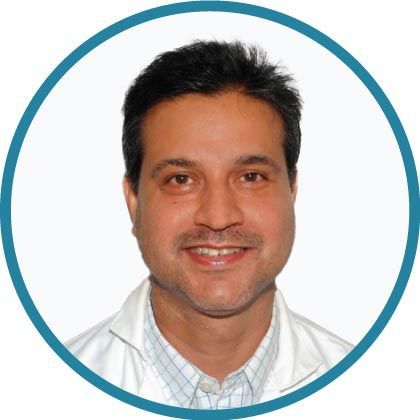
Dr. Sujit Pahari
Ophthalmologist
22 Years • MBBS, DNB, DOMS Ophthalmologist/ Eye Surgeon. FIC (Ophthal).
Bilaspur
Apollo Hospitals Seepat Road, Bilaspur
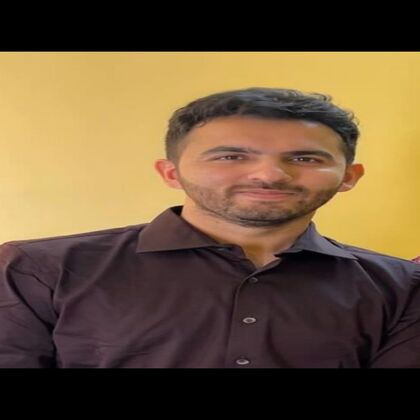
Dr. Umang Thakkar
Ophthalmologist
2 Years • MBBS,MS OPHTHALMOLOGY
Rajkot
Shree Ramkrishna Eye Hospital, Rajkot
Consult Top Eye Specialists
Dr. Padmini S
Ophthalmologist
4 Years • MBBS,MS
Bengaluru
Apollo Medical Center, Marathahalli, Bengaluru
Meghana Kotesh
Ophthalmologist
3 Years • MBBS, MS (OPTHALMOLOGIST )
Bengaluru
Apollo Medical Center, Marathahalli, Bengaluru
Dr. S Venkateswaran
Ophthalmologist
35 Years • MBBS, PGD (OPTHALMOLOGY)
Tiruvannamalai
Shiva Eye And General Hospital, Tiruvannamalai

Dr. Sujit Pahari
Ophthalmologist
22 Years • MBBS, DNB, DOMS Ophthalmologist/ Eye Surgeon. FIC (Ophthal).
Bilaspur
Apollo Hospitals Seepat Road, Bilaspur

Dr. Umang Thakkar
Ophthalmologist
2 Years • MBBS,MS OPHTHALMOLOGY
Rajkot
Shree Ramkrishna Eye Hospital, Rajkot
